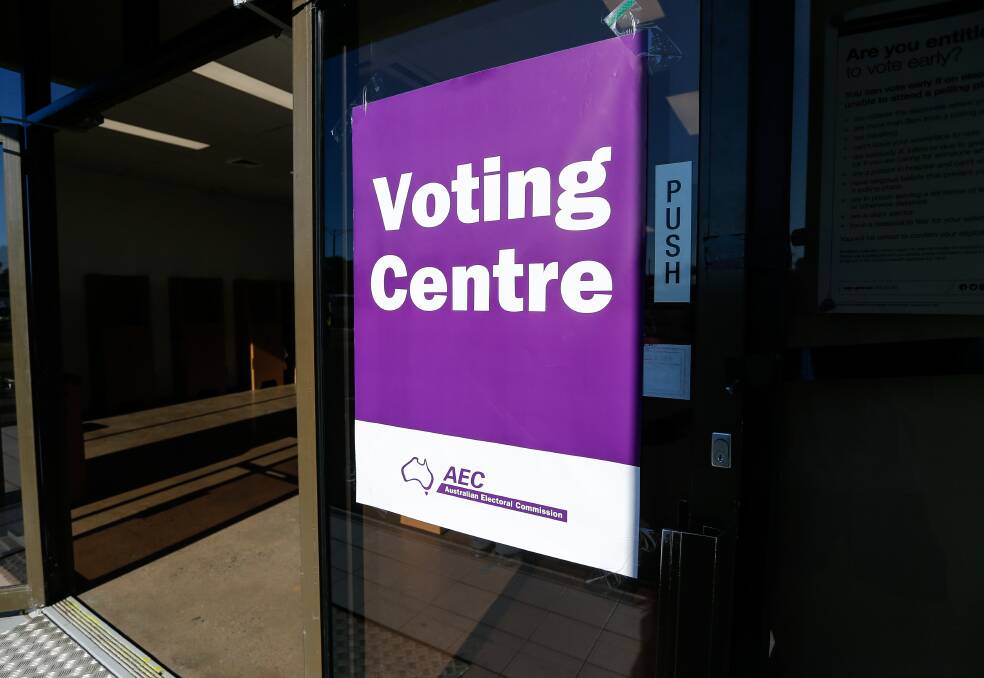
The federal election has been run and (almost) won with Labor, led by Anthony Albanese, claiming a sizeable victory over the Coalition.
Subscribe now for unlimited access.
or signup to continue reading
While Labor supporters had much to celebrate last Saturday night when votes were being counted across Australia, they had next to nothing to be excited about in Wannon. Labor's primary vote plunged to its lowest level in Wannon since World War II with independent Alex Dyson finishing second behind Liberal incumbent Dan Tehan. While Mr Dyson doubled his first-vote share, both Labor and Liberal parties suffered considerable swings.
Labor's candidate Gilbert Wilson is a former Glenelg Shire mayor, who has a high-profile in the Portland region. But his party failed him. Labor rolled out more than $175 million in election promises for the neighbouring seat of Corangamite compared with just $390,000 in Wannon.
Mr Tehan's primary vote was reduced to his lowest level in the five elections he has contested, the worst for his party here for 67 years. He suffered a six per cent swing against him, higher than the four per cent swing against his party across the country.
Mr Tehan ran a strong local campaign, he had the benefit of being part of the government so he was able to announce funding committed in the April federal budget during the campaign. He also pledged, if both he and the Coalition won, $28 million for roads, $6 million to help redevelop Warrnambool's Surf Life Saving Club and $3.2 million for Port Fairy's Gardens Oval facilities. He performed well in forums held across the electorate and was visible during the campaign. Yet his vote was down.
As the country's trade and tourism minister, he was out of the electorate for large periods of time, among other things brokering free trade agreements. But was he a victim of his own success in being a minister? Did those absences hurt back on the home front?
While the Morrison government did its best to make the election about national security and the cost of living, it is clear voters in the seats that changed hands were most concerned about the kinds of issues identified in a readers survey conducted in February by ACM, publisher of this paper.
That survey, responded to by more than 7200 people mostly from regional Australia, saw 43 per cent list the environment and climate change as top priority. The need for a federal anti-corruption commission was also high on the list at 37 per cent. Only 12.6 per cent of respondents said national security and defence were their main concern.
Mr Dyson, with the backing of billionaire Simon Holmes a Court's Climate 200 group, listened to the polls. He ran an effective campaign on the key issues, climate change, the environment and the need for a federal anti-corruption commission. He presented as a strong alternative. His timing was also right. Voters are tired of major parties bickering internally and ignoring medium and long-term visions.
Mr Dyson is still considered an unlikely winner as the Australian Electoral Commission finalises counting ahead of an announcement next week but he has succeeded where many others have failed. Wannon is no longer among the safest seats in the state and the major parties, especially the Liberals, have received a sobering message.
Instead of talking to voters about what they think voters should be interested in, they would do better at the ballot box if they listened to people's concerns and then set policies accordingly.














